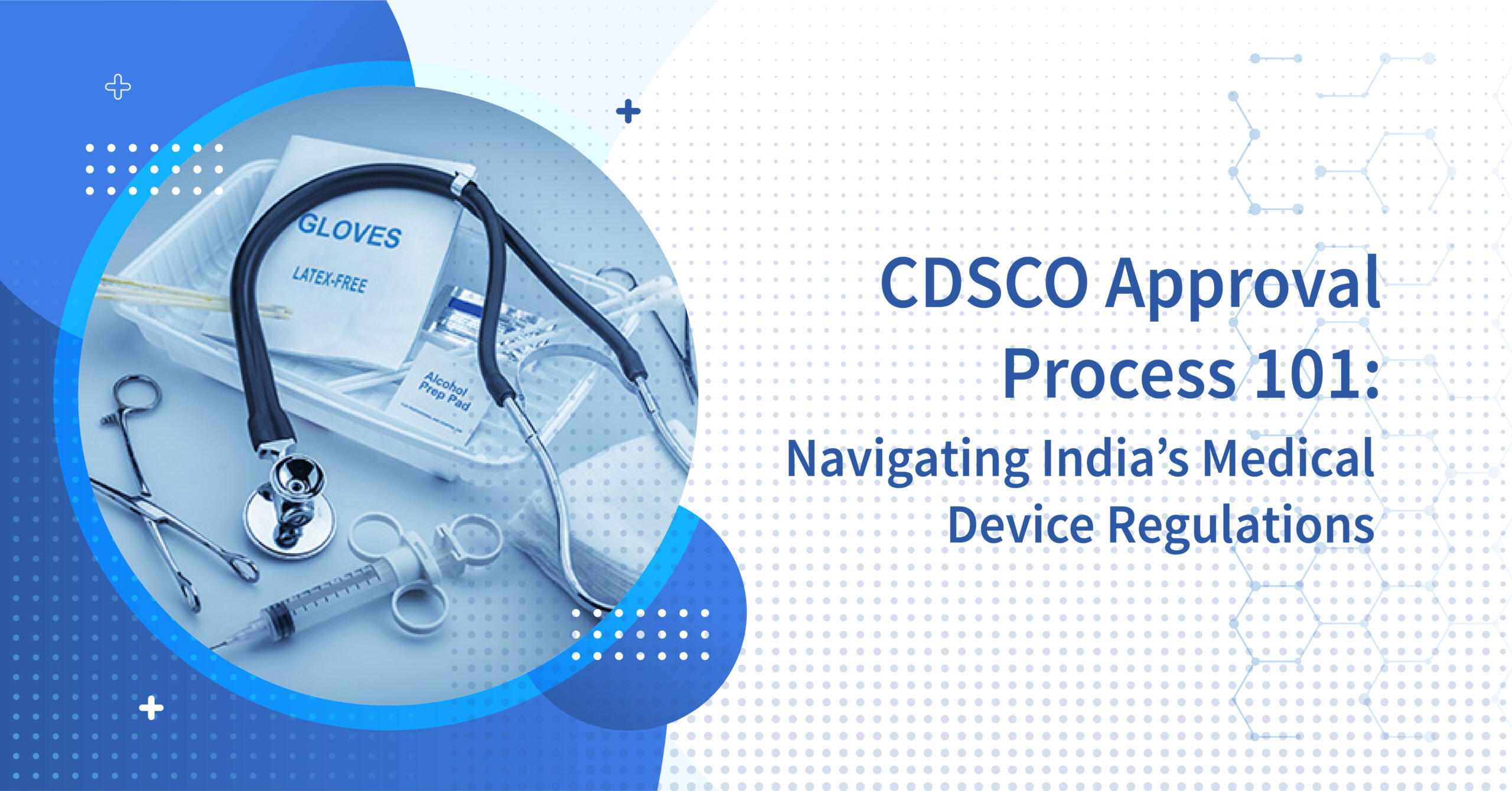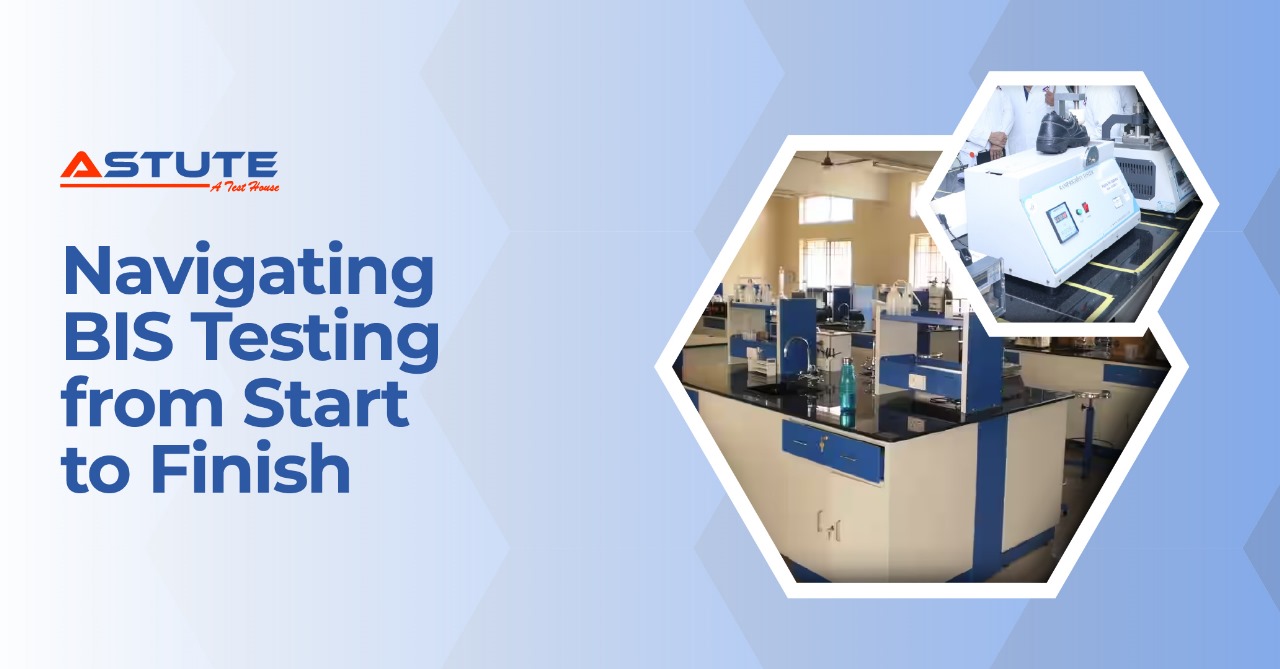India’s medical device market is growing fast, presenting huge opportunities for manufacturers. However, obtaining approval from the Central Drugs Standard Control Organisation (CDSCO) can be complex. This guide demystifies the Medical Devices Rules (MDR) 2017 and highlights how certified labs, such as Astute Labs, help you meet regulatory requirements.
Whether you’re a domestic manufacturer or importer, understanding the CDSCO’s system is crucial to accessing India’s healthcare market.
India’s Medical Device Regulatory Framework
The MDR 2017 brought medical devices under the Drugs and Cosmetics Act, 1940. The CDSCO is India’s central authority for device approvals; find official details on the CDSCO homepage.
- CDSCO, which handles licensing for higher-risk devices and imports
- DCGI, who leads CDSCO operations
- State Licensing Authorities (SLA), which deal with Class A and B licensing
Astute Labs is accredited by BIS, NABL, CDSCO, and QAI, and its services seamlessly integrate into this regulatory ecosystem, offering credible and compliant testing solutions.
Classification of Medical Devices in India
Devices fall into four risk-based classes:
Class | Risk Level | Examples | License Authority |
A | Low | Surgical gloves, tongue depressors | SLA |
B | Low to Moderate | Blood pressure monitors, infusion pumps | SLA |
C | Moderate to High | HIV diagnostic kits, orthopedic implants | CDSCO |
D | High | Pacemakers, ventilators | CDSCO |
Correct classification is essential to avoid delays. Astute Labs assists you with classification validation and helps choose the right medical device testing lab tailored to your device class.
Approval Process for Indian Manufacturers
Step 1: Quality Management System (QMS)
- Class A and B require ISO 13485 certification
- For Class C and D, CDSCO carries out its own audit
Astute Labs uses a QMS-aligned workflow and ensures ISO-driven documentation and testing that are CDSCO-ready.
Step 2: Application Submission
- Use Form MD-3 for Class A and B
- Use Form MD-7 for Class C and D
All applications are submitted via the SUGAM portal.
Step 3: Review & Inspection
CDSCO may request additional data or an SEC review. Our lab strengthens your documentation by providing technical assessments such as IEC 60601-1 and EMC/EMI testing. Learn more about how EMI/EMC testing matters for medical devices.
Step 4: License Grant
- Issued as MD-5 for Class A/B
- Issued as MD-9 for Class C/D
Step 5: License Validity
Validity is five years initially and can be extended indefinitely if retention fees are paid on time every five years.
Clinical Investigation and SEC Review
When your device has no predicate or a new indication, you must:
- Submit the clinical protocol using Form MD-22
- Wait for CDSCO’s permission via MD-23
Astute Labs supports you by offering evidence-based performance validation, a vital element for SEC review and clinical compliance.
Post-Market Compliance
After obtaining approval, manufacturers must ensure ongoing compliance:
- Report adverse events within 15 days (Materiovigilance)
- Implement corrective actions in case of risk
- Submit PSURs for Class C and D devices
- Pay retention fees every five years
Astute Labs assists with compliance via safety testing, including ventilator safety evaluations and infusion and syringe pump testing.
Tips to Avoid Delays
- Confirm device class early using CDSCO’s public list
- Double-check the Power of Attorney format if you are importing
- Avoid labeling errors such as missing license numbers or shelf-life info
- Quickly respond to CDSCO queries via the SUGAM portal to prevent auto-closure
With over 15 years of experience, Astute Labs helps you avoid common regulatory roadblocks.
Ready to Move Forward?
CDSCO approval is strategic, not just procedural. It begins with accurate classification, thorough documentation, and testing by an accredited laboratory. Astute Labs’ state-of-the-art facility in Pune holds accreditations from NABL, BIS, CDSCO, and QAI. We offer:
- Medical Device Testing (IEC/EN 60601 Series)
- EMI/EMC Testing with pre-compliance diagnostics
- Biomedical Equipment Calibration
- IT/Audio-Video Products Testing
Our accreditations align with what CDSCO requires, giving you confidence that your device is tested to the highest standards. Whether you are preparing your first application or expanding into India’s market, our team is here to guide you through every step. Contact us today and let’s build your compliance testing plan together.





